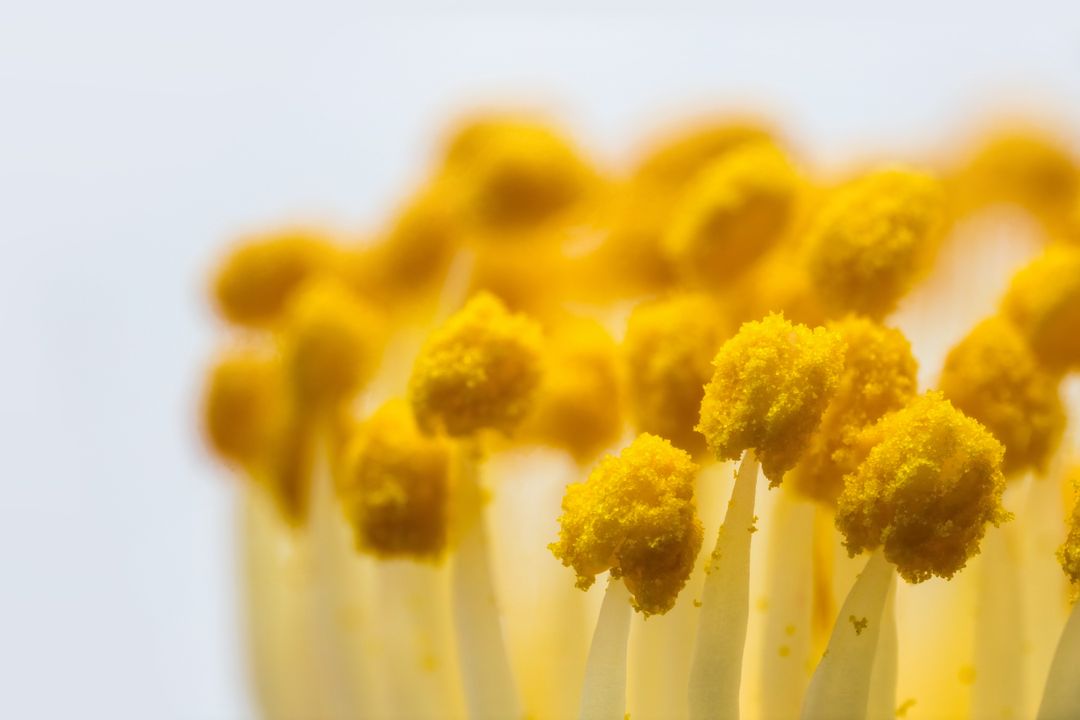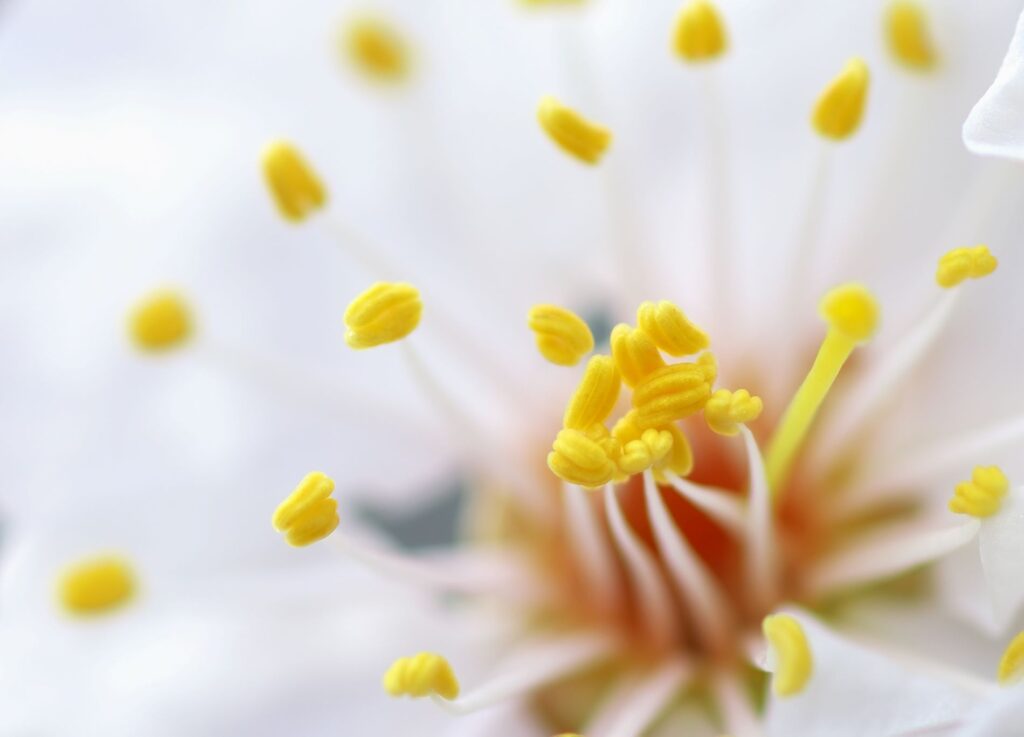
What is Hay Fever?
As the seasons change and pollen counts rise, millions of people worldwide suffer from the symptoms of hay fever, also known as allergic rhinitis. Sneezing, runny nose, itchy eyes, and congestion can make daily life miserable for those affected. While over-the-counter antihistamines are the go-to treatment for many, they often come with unwanted side effects and may not provide complete relief.
In recent years, medicinal cannabis has emerged as a promising natural alternative for managing the symptoms of hay fever. In this article, we’ll explore the potential benefits of using CBD oil and other cannabis-derived products to alleviate seasonal allergies.
Understanding Hay Fever
Hay fever is an allergic reaction to airborne pollens from plant’s pollen, animal dander or anything else in our surrounding environment.. When a person with hay fever inhales these pollens (or other antigens), their immune system mistakenly identifies them as harmful substances and releases histamines to combat the perceived threat. Histamines are responsible for the inflammation and irritation associated with allergic reactions, leading to the characteristic symptoms of hay fever.
The severity and duration of hay fever symptoms can vary depending on the type and amount of pollen in the air. In New Zealand, the pollen season typically runs from September to March, with different plants releasing their pollens at various times throughout this period. The NZ Annual Pollen Calendar provides a helpful guide to the peak pollen times for different species.
Contact us
How Medicinal Cannabis Can Help Hay Fever?
Antihistamines are the most common treatment for hay fever. These medications work by blocking the action of histamines, reducing inflammation and relieving symptoms. However, antihistamines only manage the symptoms and do not address the underlying cause of the allergic reaction.
Conventional Treatments and Their Limitations
Moreover, antihistamines can cause side effects such as drowsiness, dry mouth, and dizziness, which can interfere with daily activities. Some people may also find that their hay fever symptoms are not adequately controlled by antihistamines alone, leading them to seek alternative or complementary treatments.
Research has shown that the ECS is involved in modulating allergic inflammation, with CB1 and CB2 receptors expressed on mast cells, a key player in the allergic response. Mast cells release histamines and other inflammatory mediators when activated by allergens, leading to the symptoms of hay fever.
The Endocannabinoid System and Allergic Inflammation
The endocannabinoid system (ECS) is a complex network of receptors, enzymes, and endogenous cannabinoids that plays a crucial role in regulating various physiological processes, including immune function and inflammation. The two main receptors in the ECS are cannabinoid receptor 1 (CB1) and cannabinoid receptor 2 (CB2), which are activated by both endogenous cannabinoids and phytocannabinoids found in the cannabis plant.
Does THC Help with Hayfever or Allergies?
While THC isn’t considered an antihistamine, early research suggests it may play a role in calming allergic responses through its anti-inflammatory and bronchodilatory properties. THC interacts with the body’s endocannabinoid system, particularly CB1 receptors found in the nervous and immune systems. By influencing these receptors, THC may help stabilise mast cells, the immune cells responsible for releasing histamines during allergic reactions.
This could explain why some people report less nasal irritation and easier breathing when using prescribed THC products under medical guidance. However, research is still limited, and results are not yet conclusive. Any use of THC for allergy or hay fever management should be discussed with a qualified doctor to ensure safety and suitability.
|
Property |
CBD |
THC |
|
Psychoactive? |
No |
Yes |
|
May reduce histamine? |
Yes (via mast cell regulation) |
Possibly |
|
Common form used |
Oil or drops |
Prescribed oil or vaporised form |
|
Known benefits |
Calms inflammation |
Reduces airway irritation |
|
Requires prescription |
Yes |
Yes |
Is THC an Antihistamine?
THC is not classed as an antihistamine. Traditional antihistamines work by blocking histamine receptors in the body, which helps reduce symptoms like sneezing, watery eyes, and congestion. THC, on the other hand, interacts with the body’s endocannabinoid system rather than directly blocking histamine.
However, early studies suggest THC may still influence allergic responses in other ways. By activating CB1 receptors, THC may help regulate immune cell activity and reduce inflammation in the airways. This indirect effect could contribute to fewer allergy-related symptoms for some people.
While these findings are promising, THC’s potential role in managing allergies is still being researched. It should only be used under medical supervision, as dosage and individual response can vary.
Contact us to find out moreMedicinal Cannabis and Hay Fever: The Evidence
Several studies have investigated the potential of cannabis-derived compounds, particularly CBD, in managing the symptoms of hay fever and other allergic conditions.
A 2013 study published in the journal Pulmonary Pharmacology & Therapeutics demonstrated that CBD could inhibit antigen-induced contraction of airway smooth muscle in animals, suggesting a potential role in reducing airway obstruction in allergic responses. The authors also found that CBD possessed both anti-inflammatory and immunosuppressive properties, which could help alleviate the symptoms of hay fever.
In another study, researchers examined the effects of THC, CBD, and other cannabinoids on mast cell activation in vitro. They discovered that certain cannabinoids, including CBD, could inhibit the release of inflammatory mediators from mast cells, supporting their potential as anti-allergic agents.
A 2013 study published in the Journal of Allergy and Clinical Immunology provided further evidence for the role of the endocannabinoid system in regulating mast cell function. Using a human nasal polyp organ culture model, the researchers found that CB1 receptor activation could control mast cell degranulation and maturation in situ, with CB1 stimulation counteracting excessive mast cell activation.
This suggests that targeting the endocannabinoid system could be a novel approach to managing allergic conditions like hay fever.
Interestingly, a 2005 study in the journal Biochemical Journal reported a paradoxical long-term increase in cAMP levels following CB1 receptor stimulation in mast cells. Elevated cAMP is known to suppress mast cell secretion, indicating that this CB1-mediated effect could contribute to an anti-inflammatory response.
Contact us to find out moreClinical Experience with Medicinal Cannabis for Hay Fever
At the Cannabis Clinic, we have seen firsthand the potential benefits of medicinal cannabis for people suffering from hay fever. Many of our patients report significant improvements in their symptoms after incorporating CBD oil or other cannabis-derived products into their treatment regimen.
CBD, being non-psychoactive, is well-tolerated by most people and has a favourable safety profile.
Unlike antihistamines, which can cause drowsiness and other side effects, CBD is generally associated with fewer adverse reactions, making it an attractive option for those seeking a natural alternative.
While more research is needed to fully understand the mechanisms behind CBD’s anti-allergic effects and to determine the optimal dosage and formulation for hay fever relief, the available evidence and our clinical experience suggest that medicinal cannabis could be a valuable tool in managing seasonal allergies.

Conclusion
Hay fever can be a frustrating and debilitating condition, affecting millions of people worldwide. While conventional treatments like antihistamines can provide relief for some, they may not be effective or well-tolerated by everyone. Medicinal cannabis, particularly CBD, has shown promise as a natural alternative for managing the symptoms of hay fever, thanks to its anti-inflammatory and immunomodulatory properties. Further research is needed, however, before CBD can become a recommended first line treatment.
As research continues to uncover the potential benefits of medicinal cannabis for allergic conditions, more people may turn to this natural remedy for relief. If you are struggling with hay fever and are interested in exploring medicinal cannabis as a treatment option, reach out to the Cannabis Clinic to learn more about how we can help you navigate health related conditions.
Frequently Asked Questions
Can cannabis help alleviate symptoms of hay fever, such as sneezing, runny nose, and itchy eyes?
Cannabis may help alleviate symptoms of hay fever, such as sneezing, runny nose, and itchy eyes, by interacting with the endocannabinoid system to reduce inflammation and modulate immune responses. Studies have shown that CBD, in particular, can inhibit the release of histamine and other inflammatory mediators from mast cells and basophils.
What are the best cannabis strains and delivery methods for managing hay fever symptoms?
The best cannabis strains and delivery methods for managing hay fever symptoms may vary depending on individual needs and preferences. Oral methods, such as oils or capsules, may provide the most sustained relief.
Is there any evidence for treating allergies with CBD?
Several studies have shown that CBD and other cannabis compounds can inhibit airway obstruction, reduce inflammation, and suppress mast cell activation in allergic responses. Activating CB1 receptors may help control excessive mast cell activity. The endocannabinoid system (ECS) helps regulate immune function and inflammation. Cannabinoid receptors CB1 and CB2 are expressed on mast cells, which release histamines during allergic responses. Research suggests the ECS is involved in modulating allergic inflammation.
Is there any evidence for treating allergies with CBD?
Several studies have shown that CBD and other cannabis compounds can inhibit airway obstruction, reduce inflammation, and suppress mast cell activation in allergic responses. Activating CB1 receptors may help control excessive mast cell activity. The endocannabinoid system (ECS) helps regulate immune function and inflammation. Cannabinoid receptors CB1 and CB2 are expressed on mast cells, which release histamines during allergic responses. Research suggests the ECS is involved in modulating allergic inflammation.
What precautions should be considered when using medicinal cannabis for hay fever?
While it’s generally safe to use antihistamines and medicinal cannabis together, some rarely used older antihistamines may interact with CBD. Consult with your doctor for guidance.